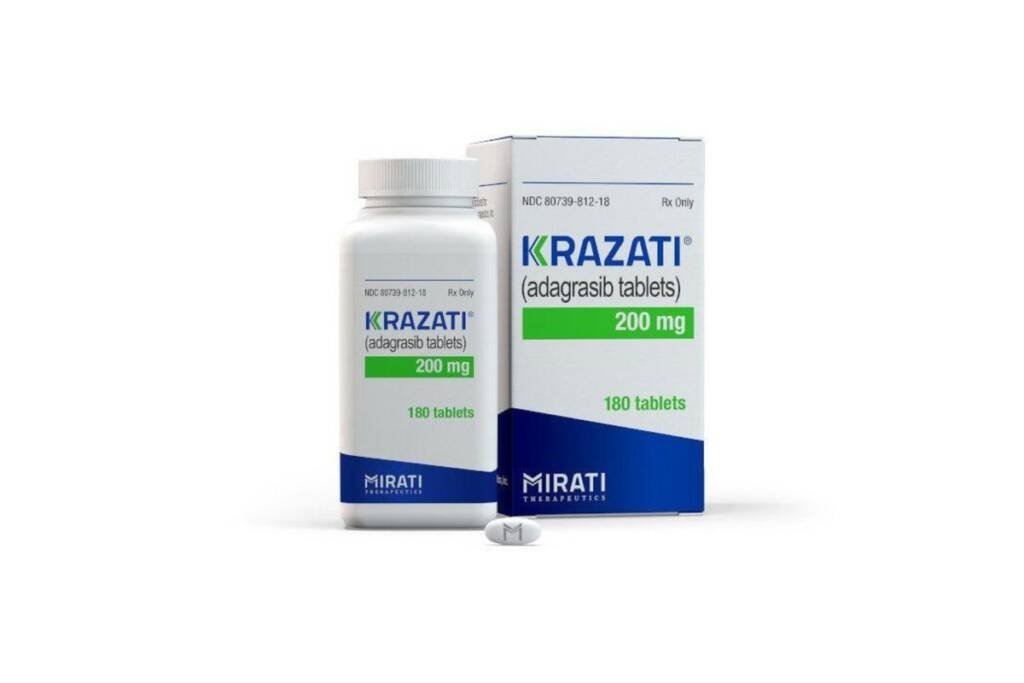Following the successful approval of the KRAS inhibitor Krazati, Mirati Therapeutics’ CEO David Meek has made an abrupt exit from the company, effective immediately.
This leadership change was disclosed by Mirati on Tuesday alongside its second-quarter financial results. Notably, Krazati achieved $13.4 million in sales during this period, surpassing the expectations of Wall Street.
The departure of Meek has disrupted the retirement plans of Mirati’s founder and president, Charles Baum, M.D., Ph.D., who had intended to step down by the end of June. Consequently, Baum, who handed over leadership to Meek only two years ago, will temporarily reassume the CEO role while Mirati initiates a search for a permanent replacement.
Meek received recognition for guiding Krazati through the FDA approval process, competing against Amgen’s Lumakras, the first KRAS inhibitor to market. However, a setback emerged when the European Medicines Agency recently declined to endorse Krazati, citing inadequate data to meet certain requirements for a conditional approval.
In recent months, skepticism has grown around Krazati and the long-term value of KRAS inhibitors. Meek’s sudden departure further challenges confidence, particularly as Mirati prepares to embark on a new Phase III trial.
Simultaneously, Mirati revealed plans for a Phase III trial to evaluate the combination of Krazati and Keytruda in newly diagnosed KRAS G12C-mutated non-small cell lung cancer (NSCLC) patients with high PD-L1 expression (at least 50% on the tumor proportion score). This decision was based on interim results from the phase 2 KRYSTAL-7 trial. However, the initial tumor shrinkage data from this inclusive KRAS-mutant NSCLC group had disappointed investors back in December.
In an updated analysis of PD-L1-high patients released on Tuesday, Mirati announced that the Krazati-Keytruda combination demonstrated a confirmed overall response rate of 63%, notably higher than the historical range of 39% to 45% observed with Keytruda monotherapy. Although the new rate was only slightly improved from the 59% reported in December, it pertained to a larger patient group with an extended follow-up period.
Mirati intends to launch the phase III trial by the end of the year. The study will focus on KRAS G12C-mutant NSCLC patients with high PD-L1 expression, using Keytruda monotherapy as the control. While the detailed trial design, including size, is still being finalized with the FDA, Mirati anticipates enrolling around 500 patients and using progression-free survival as the primary endpoint.
Mirati emphasized that this indication holds significant potential in both the US and Europe, with over 30,000 first-line patients. Notably, this new trial deviates from Mirati’s original plan, which was to explore the Krazati-Keytruda combination in PD-L1-low patients.
Additionally, Mirati has initiated another Phase II trial, designated KRYSTAL-17, which incorporates Krazati into both Keytruda and chemotherapy. Depending on the outcomes, the company plans to make decisions regarding the lower TPS indication in the first half of 2024. This subgroup accounts for approximately 60% of all KRAS G12C patients.





























